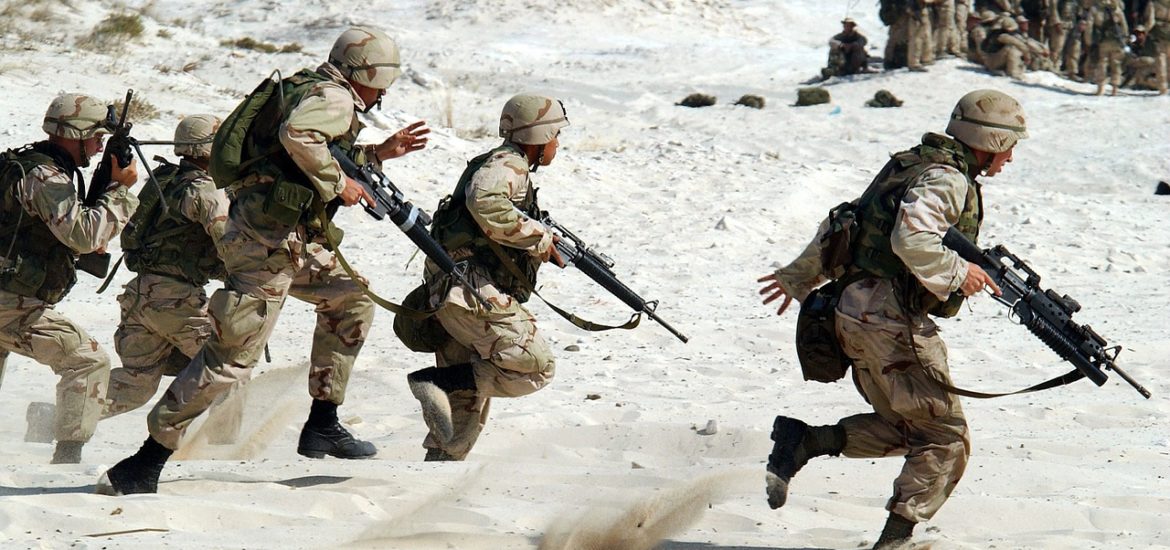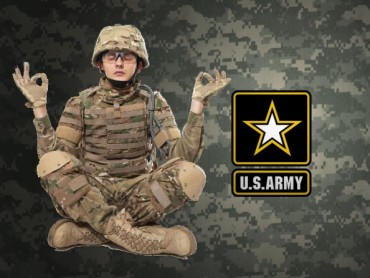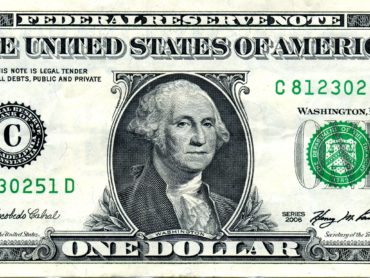While everybody else is concerned about anthrax, domestic terrorism and war, educators from kindergarten to college professors are thrilled with the current international crisis. “Every time we go to war, my kids learn about a new area of the world,” says Ms. Hillary Bennett, an eighth-grade geography teacher. “Last year, my kids couldn’t find Europe on a map, but now they can name all the countries in the Middle East.” Ms. Bennett’s class hopes that something big will happen in Canada, since they have a test on that country next week.
Dr. Marcus Rudolph, a professor of biomedicine at Johns Hopkins University has seen the test scores improve for students who are taking his Viral Infections class. “Normally, students have a problem remembering the difference between cutaneous and inhalation infections. Now they ace those questions.” With the possibility of an extended conflict in Afghanistan, most colleges expect more students to stay in school or attend graduate school. “There’s nothing like a war to help us retain students,” boasts Claude Smith, Dean of Academic Affairs at Johns Hopkins.
Some people are not pleased with the public’s new intelligence. Dr. Mark Campbell, a recent college graduate, complains, “I spent four years getting a history degree, and now everybody thinks they are experts in Islamic Studies. You know, it’s hard enough for a history major to get a job. Now, when I tell people I wrote a thesis on the rise of Islamic faith between 832 and 1285 AD, everybody says, ‘Oh, yeah, I learned all about that on the evening news.’ Good grief.”











